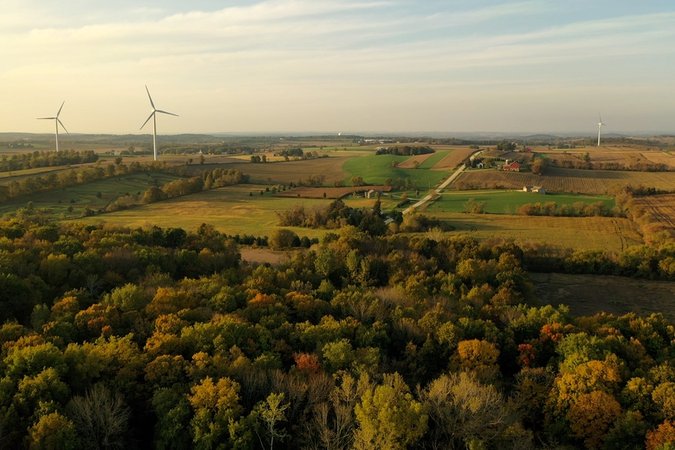Do Formal Community Forestry Programs Improve Collective Action and Forest Outcomes?
This article examines the effects of forest tenure reform through Nepal’s Community Forestry Program on collective action and forest management outcomes.
Abstract
Forest tenure reform and devolution are taking place around the world, especially in lower-income countries, primarily to support environmental and livelihood goals. However, whether forest devolution to communities results in improved forest collective action is not fully understood. In this paper, we assess the effect of Nepal’s formal Community Forestry (CF) Program on forest collective action and outcomes. We utilize data from a nationally representative random sample of 1,300 households who manage and use 130 forests. By using covariate matching, we demonstrate a strong positive effect of the CF program on forest outcomes and more active forest collective action. Our results are generally robust to the presence of unobservable confounders and are consistent at the national level and across geographic and topographic regions, forest sizes, forest-managing population structures, and forest management durations.







